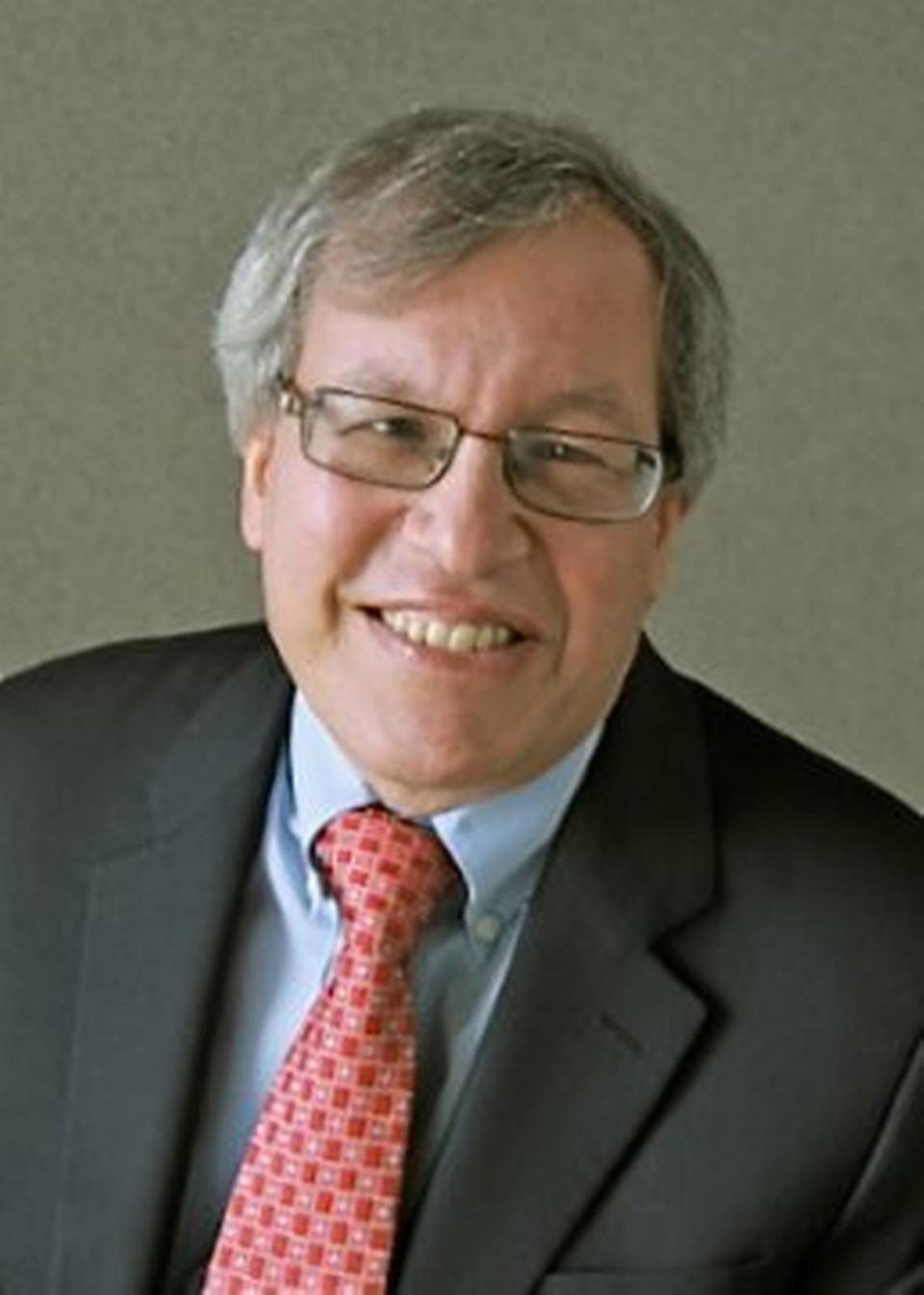The U.S. Supreme Court has created a First Amendment right to discrimination | Opinion
The Supreme Court’s ruling on Friday, June 30, in 303 Creative LLC v. Elenis, provides a way for those who want to discriminate to ignore federal and state laws prohibiting discrimination. At first glance, the ruling may seem narrow, but in actuality the implications are enormous.
As Justice Sonia Sotomayor said in her dissent, this was the “first time in its history” that the Supreme Court granted “a business open to the public a constitutional right to refuse to serve members of a protected class.”
Colorado law, like California law, prohibits business establishments from discriminating based on race, sex, religion or sexual orientation. Lorie Smith has a website design business. She wants to expand it to design websites for weddings, but says that it would violate her religious beliefs to require that she do so for same-sex weddings. She claimed that Colorado’s anti-discrimination law would violate the First Amendment. The federal district court and the federal court of appeals ruled against her, stressing Colorado’s compelling interest in stopping discrimination based on sexual orientation.
Opinion
But the Supreme Court, in a 6-3 decision, ruled in her favor. In an opinion written by Justice Neil Gorsuch, the court held that applying the anti-discrimination law to her would violate her First Amendment right to freedom of speech. The court said forcing her to design websites for same-sex weddings would be unconstitutional compelled speech.
“Colorado seeks to force an individual to speak in ways that align with its views but defy her conscience about a matter of major significance,” Gorsuch wrote.
Simply put, this means that anyone can violate state anti-discrimination laws if they claim that they are engaged in expressive activity. In the wedding context, it means that bakers who design cakes, florists who make floral arrangements, engravers who prepare invitations and so forth can refuse to serve customers notwithstanding laws prohibiting discrimination.
But this extends beyond the wedding context to all work. Anyone engaged in expressive activity now has a First Amendment right to refuse to provide service. And most work can be said to involve expressive activity: those who cook food, sew clothes or design cabinets, to name a few examples, could claim that they are engaged in artistic activity. The court recognized this implication, saying “doubtless, determining what qualifies as expressive activity protected by the First Amendment can sometimes raise difficult questions. But this case presents no complication of that kind.”
That hardly provides guidance for the future.
Actually, the implications are even broader because who a business does or does not serve expresses a message. During the civil rights struggle of the ’60s, serving — or not serving — Black customers sent a message. Similarly, not serving same-sex couple expresses a message, albeit a terrible one. Based on the Supreme Court’s decision, anyone who wants to discriminate can say that by doing so they are expressing a message for purposes of the First Amendment.
The court’s reasoning provides a basis for discrimination based on race, sex and religion as well. Under the Court’s reasoning, Lorie Smith could refuse to design websites for Black, Jewish or female customers. Under the court’s ruling, forcing her to do so would be impermissible compelled speech.
There is always a tension between liberty and equality. Any law that prohibits discrimination limits the freedom to discriminate. For decades, the Supreme Court held that stopping discrimination is more important than the freedom to discriminate. Now, though, the court has found a First Amendment right to discriminate.
The court was wrong in finding that the Colorado law compelled Smith to engage in speech. She does not have to design websites for anyone. But if she does, the court should have said that Colorado can prohibit her from discriminating based on the sexual orientation of her customers. The Supreme Court should have ruled, like the lower courts, that the state has a compelling interest in stopping discrimination.
Erwin Chemerinsky is the dean and a professor at the UC Berkeley School of Law.


